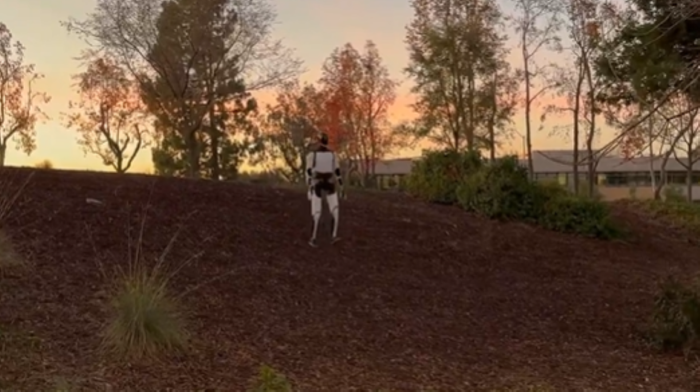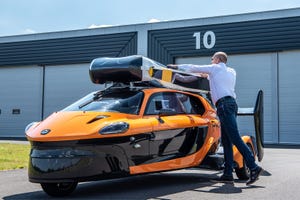AAA Survey Finds Drivers Don’t Trust Self-Driving Vehicles
Results of the 2024 survey mirror last year’s as 66% of respondents say they fear autonomous vehicles

Only 9% of American drivers say they trust self-driving vehicles.
That’s the headline finding from the annual American Automobile Association poll on automated driving.
2024’s results broadly mirror those of 2023, with 66% of respondents saying they feared autonomous vehicles, and 25% claiming to be unsure about them. The comparable figures from last year were 68% and 23%, which constituted a dramatic rise from 2021 and 2022.
The findings are unlikely to surprise many, given the slew of negative headlines on self-driving transport in recent months, particularly those surrounding robotaxi operator Cruise.
The General Motors subsidiary has been in the spotlight for all the wrong reasons, suspending all activity following an incident in San Francisco that saw a pedestrian dragged along the street following a separate road crash. An independent report found Cruise had not been suitably transparent in investigations into the incident.
In analyzing the survey results, Greg Brannon, director of automotive engineering research for AAA, alluded to the ongoing issue of perception among the general public.
“There has been an increase in consumer fear over the past few years,” he said. “Given the numerous and well-publicized incidents involving current vehicle technologies, it’s not surprising that people are apprehensive about their safety.”
More positively, though, the survey found that there is positivity toward Advanced Driver Assistance Systems (ADAS) tech that is commonly being fitted to passenger cars.
The results revealed that almost two-thirds of U.S. drivers would want Reverse Automatic Emergency Braking (65%), Automatic Emergency Braking (63%) or Lane Keeping Assistance (62%) on their next vehicle.
According to the AAA, to maintain this momentum, consistency of performance and naming of technology is essential.
But it took the opportunity to sound a note of caution, highlighting the belief of many drivers that AEB will stop a vehicle whenever there is a pedestrian, cyclist or car in front of it or behind it. This is not backed up by recent AAA testing which found, for example, that in only one of 40 test runs in backing-up scenarios was a collision prevented.
As such, the AAA believes more driver education is required to ram home the reality that safety tech enhances driver awareness rather than replaces it. The AAA cited the alarming fact that four in ten drivers “are unsure or think they can buy a car that drives itself while they sleep” as further proof of the work that needs to be done.
“AAA wants to collaborate with automakers to establish uniformity in system naming and performance across the industry,” Brannon said. “By working together, we can assist consumers in understanding the technology present in their vehicles and educate them on how, when and where to use such systems properly.
“This initiative will help instill confidence in the drivers of the cars of tomorrow, which may be equipped with greater levels of automated technologies.”
The survey was conducted in January, using 1,010 interviews from American drivers 18 years of age or older.
About the Author
You May Also Like








